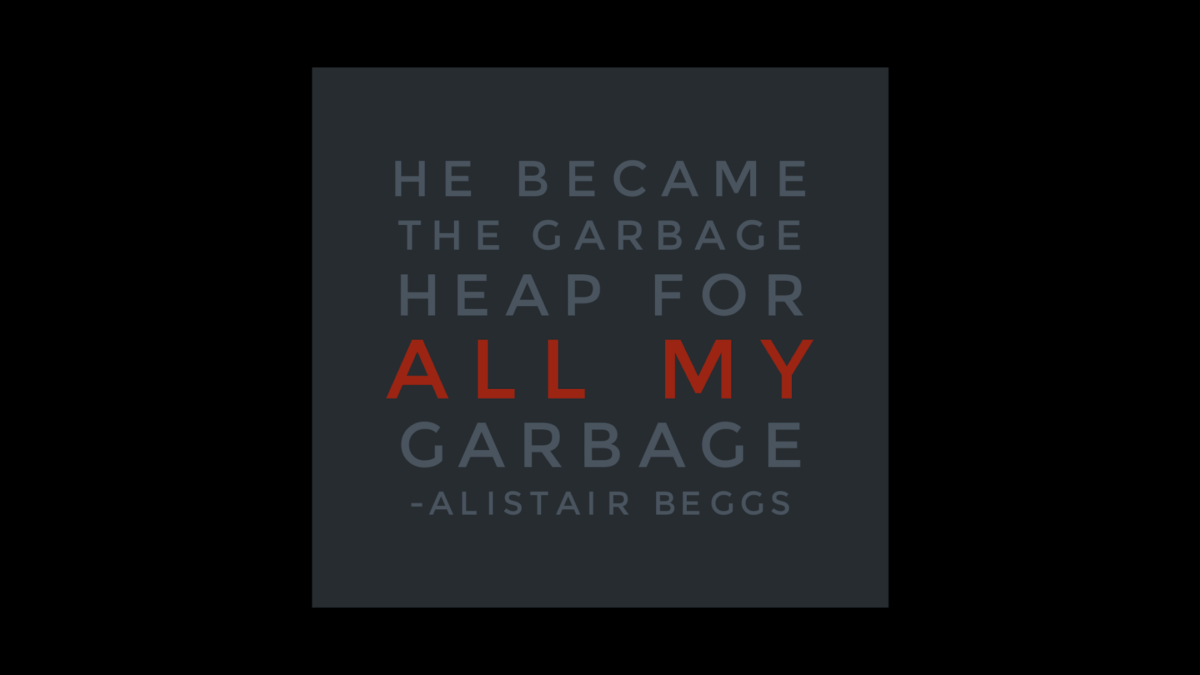Because God is perfect God cannot abide the presence of imperfection. Yet, because of our human nature, we are all imperfect. The biblical term for our imperfection is sin. In the ancient world the way to get rid of our sin and become (temporarily) perfect was through a sacrifice. On the Day of Atonement the priest would take two perfect goats, chosen to represent perfection, slaughter one, and release the other. The slaughtered goat was the symbol of sin and the penalty it incurred—death. The live goat, or “scapegoat”, was released into the wilderness after the high priest confessed all the sins of the people, thereby representing the departure of sin from Israel.
The writer of Hebrews points out that it is “impossible for the blood of bulls and goat to take away sins.” Only the blood of Christ, our substitute, can take away our sin, because He alone was the perfect sacrifice, since he alone lived a perfect life. His blood “purifies us from all sin” and removes our pollution.
Once sin has been committed, someone must suffer the consequences.
The saving benefits of Christ’s death were not an afterthought. No, God orchestrated the sacrificial death of Christ—the human hardware into which divinity downloaded—in order to die for our sake.
Sin is pollution that fouls us, and the good news of the gospel is that Jesus makes us clean. Jesus becomes the offering that is sprinkled on the sacrificial altar to wash away our sins.
Adapted from Why God Died, previously called Dying for a Fix
fossores
Related posts
Categories
Category Cloud
Tag Cloud
Recent Posts
- Victors and Victims November 6, 2018
- 3 Hacks for Happiness October 29, 2018
- Hope Against Death September 20, 2018
- The Shape Of The Cross September 19, 2018


